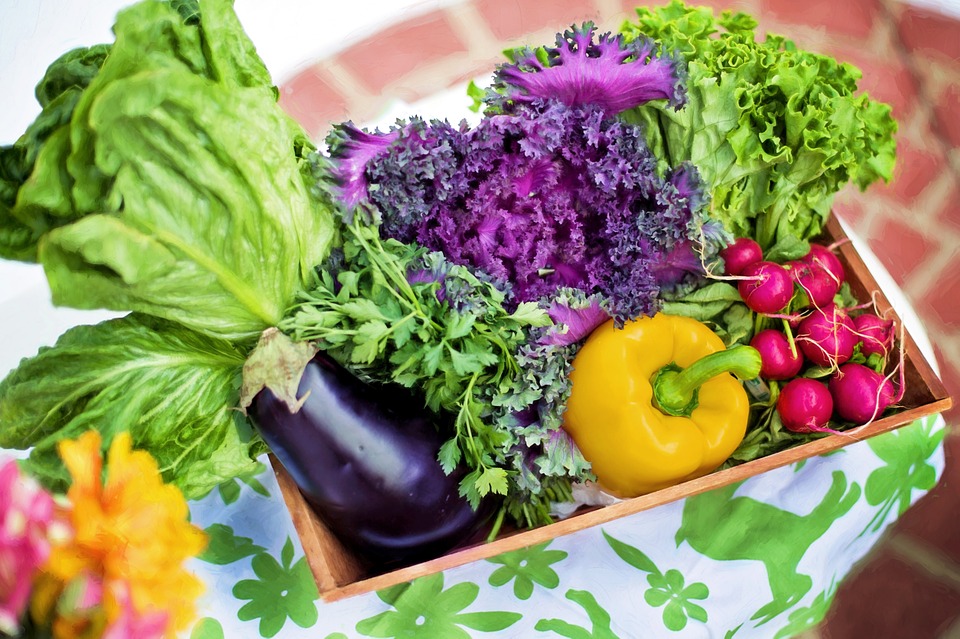The University of Rochester prides itself on providing students with healthy and nutritious local food. At the moment, over 61% of food products on campus are locally sourced. This includes some of the vegetables and fruits we serve at salad bars and in cooked meals, some of our healthiest snacks in Hillside and the Pit, and much of the meat.
61% might not sound like a lot, but with the amount of students and faculty we have to feed and caffeinate on campus, it’s pretty amazing that we can source a majority of food from small, family-owned local farms.
So, where do we get all of this food from? How can we organize something so intricate and complex, while dealing with the other thousand and one issues Dining constantly has to manage? Do we directly communicate with all of our local farmers? No, that would be insanely time consuming.
Instead, we use Headwater Food Hub, a company innovating the way local farmers work. Headwater is basically a consultant for local farmers. Partner farms trust Headwater with the management of their “supply chain logistics, aggregation, distribution, and sales”. In other words, Headwater acts as a middleman for these farmers, letting them focus on the task of producing high quality, nutritious and tasty food, while managing the logistics of supplying restaurants, schools, businesses, and grocery stores.
If you’re a student living off-campus, Headwater can also help you. Headwater runs the Good Food Collective, a subsection that focuses on supplying local food directly to you. How does it work? You buy a share (priced out at sometimes lower than grocery store costs) of food for the amount of people you need to feed. Every week or two weeks, you go to a conveniently located distribution center, where you pick up a basket of goods. If you live in certain zip codes, you can even have it delivered directly to your home.
Why does local food even matter, though? Well, instead of sending our UR big bucks to Big Agriculture for food that is often covered in pesticides and meat that is filled with antibiotics, the University is financially supporting farmers and distributors in New York State that create healthier food for you. Moreover, we try to focus on getting food from UPSTATE New York, meaning our eating needs as students directly go towards supporting a stronger local economy.
Guest Post Written by Jacqueline Ibragimov, Dining Team Green Communications Intern (Class of 2018)

